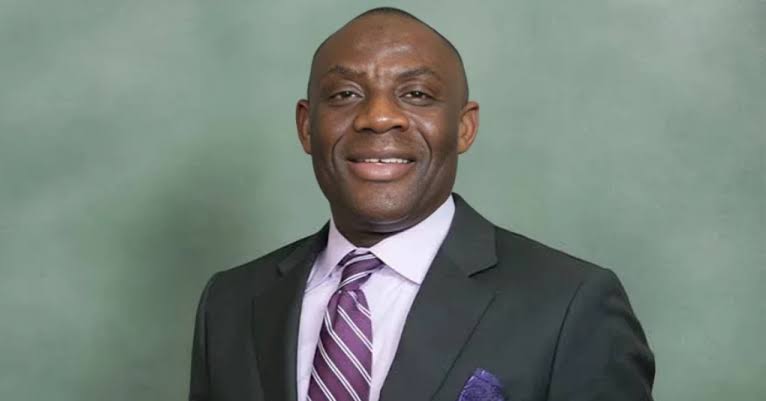
FG Reverses 18-Year University Entry Policy but Quietly Reinforces It by Setting JSS Entry Age at 12

The Federal Ministry of Education has unveiled a new policy document for Non-State Schools, setting 12 years as the minimum entry age for pupils transitioning into Junior Secondary School (JSS1), following six years of primary education.
This directive marks a significant shift in the regulation of entry ages in Nigeria’s education system. It could lead to students attaining 18 years of age before qualifying for admission into tertiary institutions.
The policy, which aligns with the specifications of the National Policy on Education (NPE), 2013 Edition, details that nursery education shall span three years, commencing at the age of three. Children are to progress through Nursery One at the age of 3, Nursery Two at the age of 4, and a mandatory one-year Kindergarten at the age of 5, before commencing primary education at the age of 6.
The Ministry emphasised that basic education in Nigeria will remain a nine-year duration, consisting of six years of primary school and three years of Junior Secondary School. The new regulation specifies that students must complete the full six years of primary education and be around 12 years old before entering JSS1.
“If followed to the letter,” the new age structure suggests that most students would not graduate from secondary school until about age 18, positioning them to enter universities or other tertiary institutions at the official adult age. This comes amid ongoing debates over the appropriate minimum age for university admission.
Earlier, former Education Minister Prof. Tahir Mamman had proposed 18 as the minimum age for entry into tertiary education. This move was later reversed by the current Minister, Dr. Tunji Alausa, after 16 years. However, with the new timeline laid out for early childhood and basic education, the system appears to be realigning with the original 18-year benchmark.
Non-state schools, also known as private or independent schools, are educational institutions not operated by government authorities. These schools are primarily funded through tuition fees, private donations, religious bodies, and community support.
According to the newly released Nigeria Education Digest 2022, these schools have shown considerable growth over the past five years.
Between 2017 and 2022, non-state primary schools experienced a 31.56per cent growth rate, compared to a 3.3 per cent growth rate in state primary schools. At the junior secondary level, non-state schools expanded by 35.06 per cent, while their public counterparts grew by just 6.8 per cent during the same period. The report also highlighted that non-state schools outnumber state schools in at least 26 states at the junior secondary level.
Despite the sector’s rapid expansion, the Ministry acknowledged inconsistencies in the quality of education offered across the non-state school spectrum, noting the urgent need for standardisation, regulation, and stricter adherence to national education policy guidelines.
Note: Shortly after this was reported, the Federal Government issued a statement denying any policy change regarding the minimum age for admission into secondary schools. In an official statement, the Ministry’s Director of Press and Public Relations, Boriowo Folasade, said the minimum age for admission into JSS1 remains 10 years.
We will update the report if the situation changes again.
About The Author
Related Articles
AES Condemns Niamey Airport Attack, Warns of Coordinated Destabilisation
The Alliance of Sahel States has strongly condemned the armed attack on...
ByWest Africa WeeklyFebruary 2, 2026Mali Cedes Strategic Land to Guinea to Deepen Trade Cooperation
Mali has approved the transfer of a strategic parcel of land to...
ByWest Africa WeeklyFebruary 2, 2026Senegal to Appeal CAF Sanctions After AFCON Final Controversy
Senegal has announced plans to formally appeal the sanctions imposed by the...
ByWest Africa WeeklyFebruary 2, 2026Burkina Faso Takes Legal Step Toward Nuclear Energy Development
Burkina Faso has voted to join the Vienna Convention on Civil Liability...
ByWest Africa WeeklyFebruary 2, 2026












Leave a comment